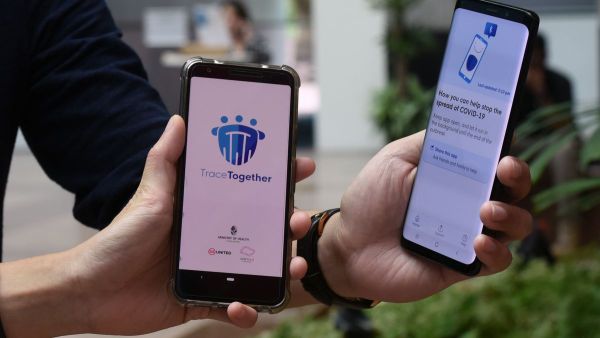The kinds of governance tools to track, find, and isolate these infected individuals are often exactly the same type of surveillance technologies that, under normal circumstances, would be scrutinized and critiqued as overbearing. But this novel coronavirus has introduced an emergency logic to surveillance governance; one that is being used by some states to bolster public safety in an effective manner, and abused by others to centralize power within an already-authoritarian framework.
For example, countries like South Korea and Israel are implementing state-mandated COVID-19 tracking apps on people’s phones. Israel’s app, called "The Coordinator," allows the army to not only track an individuals’ location, but also access their camera, what they save and what they download.
Before the outbreak of COVID-19, tools for surveillance technology and governance were being perfected in Xinjiang, China, where a hybrid scheme of private tech firms and public security apparatuses collaborated to construct an overarching political structure that The Gateway's guest calls “digital authoritarianism.”
Al Bawaba spoke with Steven Feldstein, a nonresident fellow in Carnegie Endowment’s Democracy, Conflict, and Governance Program and professor at Boise State University about the history and global development of these surveillance tools and the types of governance they enable. Feldstein argues that a continual grassroots effort is needed to ensure emergent surveillance technology is not used to bolster the repressive power of governments.

Steven Feldstein (Courtesy of Boise State University)
While theorizing about the political implications of this global pandemic has been ubiquitous, there remains a real risk that some government’s emergency policies are normalizing the deployment of surveillance technology in ways that could affect people’s political power for years to come.
To listen to the full conversation, click here:







